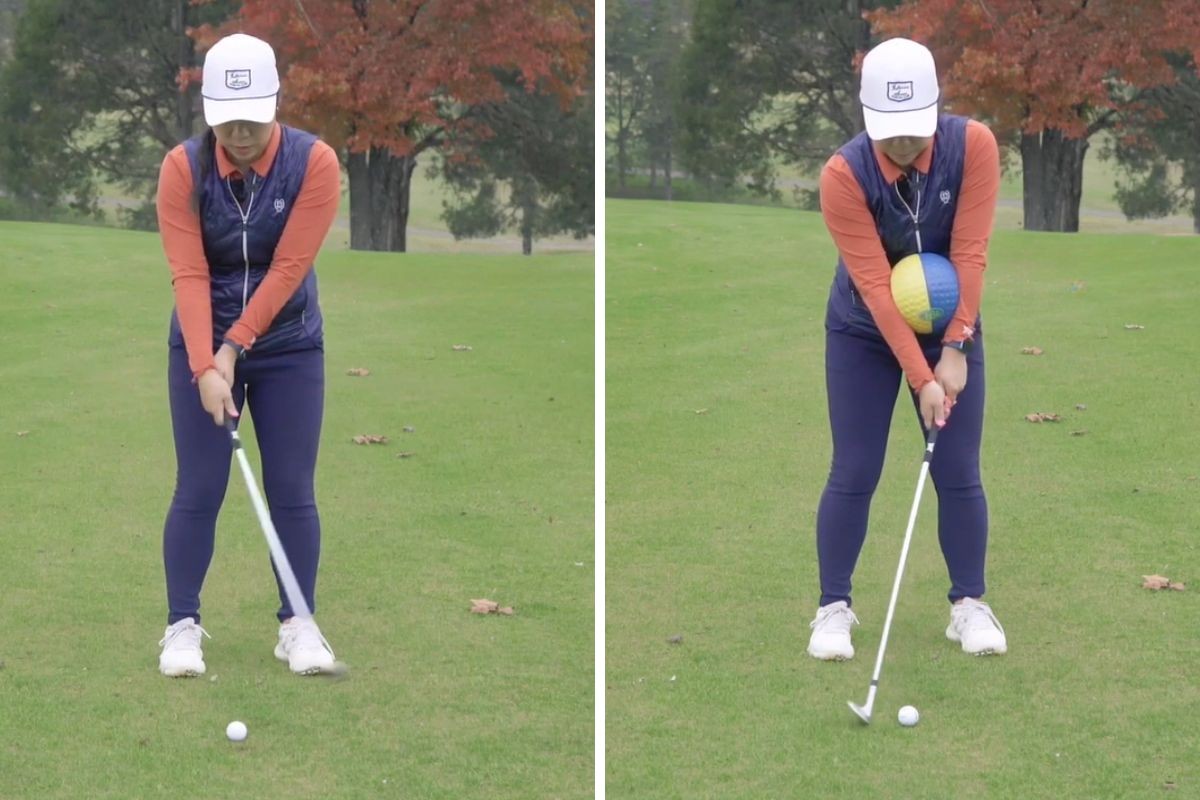Elvis’s Cadillac. Marilyn Monroe’s dress in Gentlemen Prefer Blondes. Barbie. What do these things have in common? They are all pink.
Pink has an extremely interesting, yet checkered past. It is the one color which brings about more controversy than all the other colors combined. And it hasn’t always been associated with women. It actually existed for centuries with no gender association. In the 1700s, it became a favorite color for aristocratic males. It wasn’t uncommon for little boys to wear pink in the late 1800s. It wasn’t until the 1930s when pink was deemed as a “girl’s color” due to newly defined societal gender roles.
To investigate the pink debate further, we can examine marketing history. It wasn’t so long ago that marketers developed and implemented a “shrink it and pink it” strategy. In other words, to market to women, all a brand had to do was to make a product smaller and pink. One classic example of this strategy came from Bic pens. The brand launched the pens “for her” and they were supposedly more comfortable for women to use. (The pens were discontinued fairly quickly due to the backlash and criticism.) This strategy has also been used with computers, tools, personal care items, and much more.
The “shrink it and pink it” strategy made its way into sports, as well. Is this a good or a bad thing?

To try to answer this question, “If people are wearing pink stuff, they’re probably not real fans: Exploring women’s perceptions of sport fan clothing” examined women’s sport fans’ perception of sports team apparel (2018). Within the study, the color pink was a major discussion point among the participants of the study. Participants were aged 20-51 and self-identified as sports fans. (Golf was not included.)
“Although participants affirmed that more clothing options were available to women, most expressed a strong dislike for the overly feminine clothing that was now targeted to them.” One participant of the study noted, “I don’t like pink because I think it’s too girly and I would not consider myself a girly-girl, so I just wouldn’t buy it.” Another woman noted, “Why does a woman fan have to wear pink? Can’t she just wear what everyone else is wearing..…because men aren’t wearing pink.” Further, “If I was wearing pink they’d (male fans) think I’m just the girlfriend…..I hope they don’t perceive me differently. I’m cheering, too.” Another woman stated, “Don’t stereotype me. Don’t put me in that category just because I’m a girl [that] I like pink and will wear a pink jersey.”
The study concluded women who participated in the study found pink to be a gender marker and this conflicted with their legitimacy as sports fans. The authors noted that even in an environment that claims to ‘empower’ women as fans, this is not how they are treated or perceived if they wear pink merchandise. They also stated that while the participants could wear the “pink it, shrink it, bling it” clothing that was marketed toward them, they were viewed less seriously as sports fans.
Based on the results, the authors also concluded the exposure of “the significance of clothing for women fans in negotiating the tensions between fandom (being a fan) and doing femininity.”
In other words, women found femininity and sports to be incompatible based on cultural norms.
Based on the study, women aren’t anti-pink necessarily. What they expressed was that pink is a girl’s color and thus one that places them in a certain category within the sport environment. The pink controversy continues.
Does golf have a pink problem, too?
Bubba Watson uses pink equipment to raise money for charity. This seems well-intentioned, for sure. But, why, when one conducts an online search for women’s golf clubs, does one see a plethora of pink clubs and no pink when one conducts the same search for men’s clubs? Golf gloves for women are a myriad of colors, including a lot of pink, with that same Google search. The men’s search results showed mainly white with a few colors mixed in. One glove in the pink family for the men was found, even though the site referred to the glove as coral. Many times, pink golf ball boxes/labels have the word “women’s” or “lady” on them. (How many times does “Men’s golf balls” appear on the box, by the way?) The same search for golf bags yields generally the same result.

Are these examples golf’s version of “shrink it and pink it?”
But what is more concerning is the fact that major brands, ones that have been around golf for a long time, still have the “shrink it and pink it” concept within their product lines. If pink is an option, that’s fine, but why is it considered for women only and why did the brand not offer a “man’s color” such as blue? Furthermore, why does a major golf brand name have separate fonts for women’s and men’s products? (The women’s version is curvaceous while the men’s is aggressive.) Why is the women’s version named after a type of classical music?
There is no question these golf products are gendered and pink is right in the mix.
I have no problem with using a pink golf ball. I love my pink glove. My last bag was pink. I am glad I had the pink option when I purchased these items. But the question remains, why must golf continue to place such deep division within so many of its product lines which continues to fuel the gendering (and arguably sexism) of golf?
As any marketer, stylist, or color professional knows, there is one color universal to every gender and skin tone.
That color is pink.
Reference
Sveinson, K., Hoeber, L. and Toffoletti, K. (2018). “If people are wearing pink stuff, they’re probably not real fans: Exploring women’s perceptions of sport fan clothing” examined women’s sport fans’ perception of sports team apparel.” Sport Management Review (In press). https://doi.org/10.1016/j.smr.2018.12.003
Feature photo of Paula Creamer and Morgan Pressel at the 2019 Dow Great Lakes Bay Invitational by Ben Harpring







